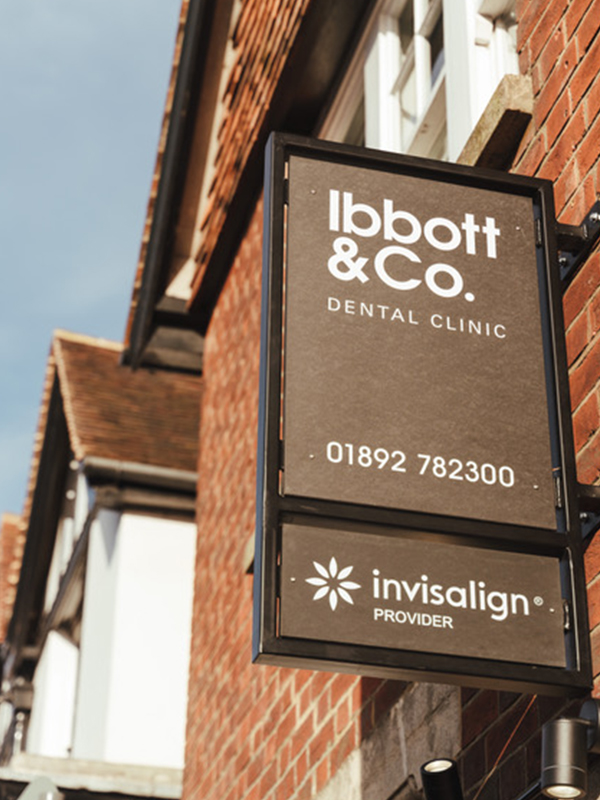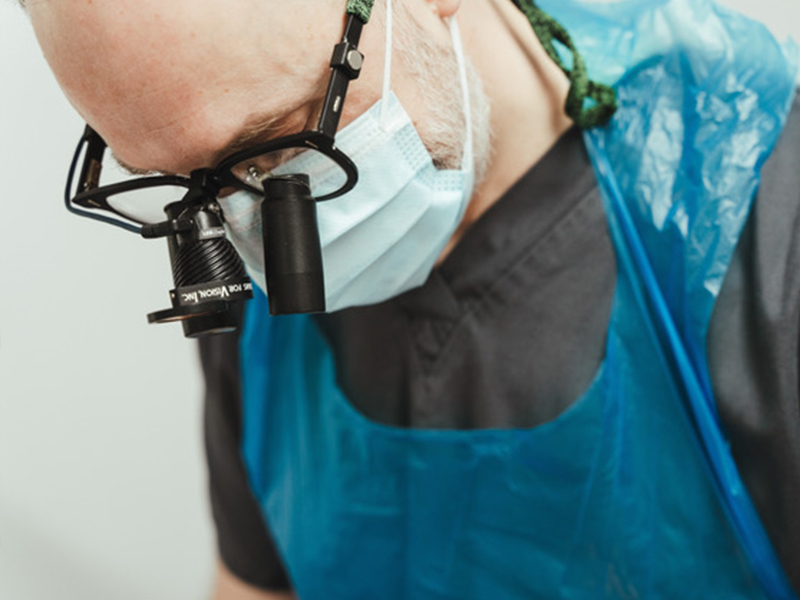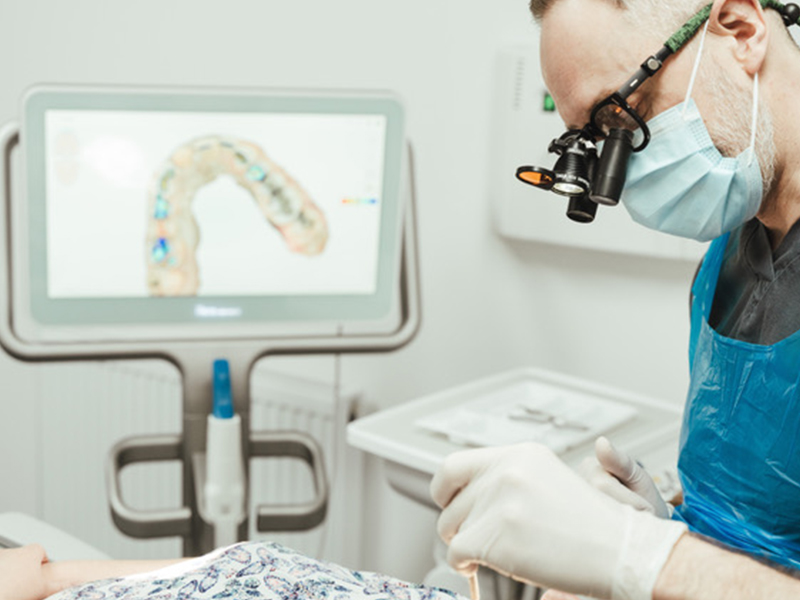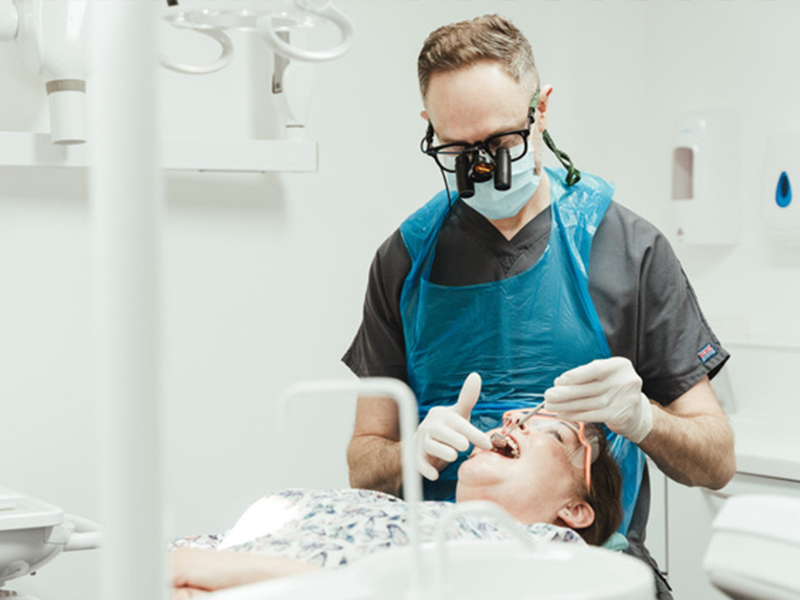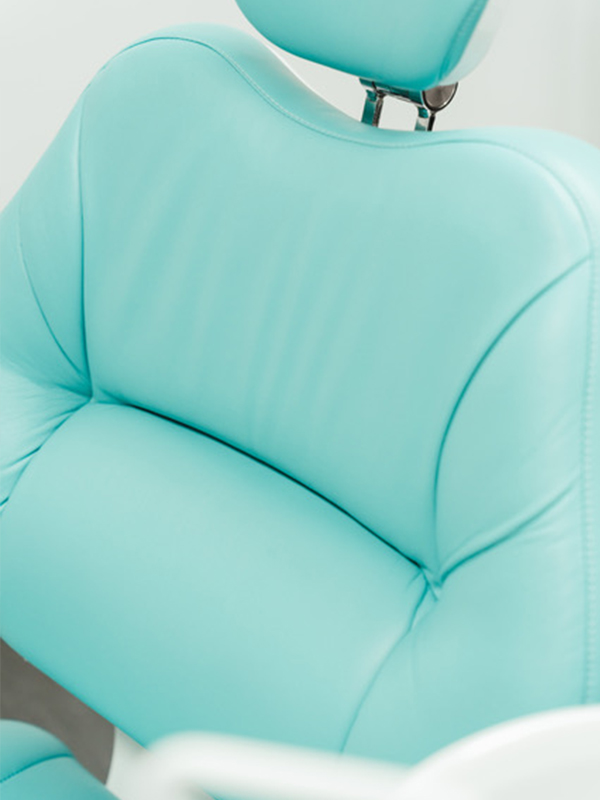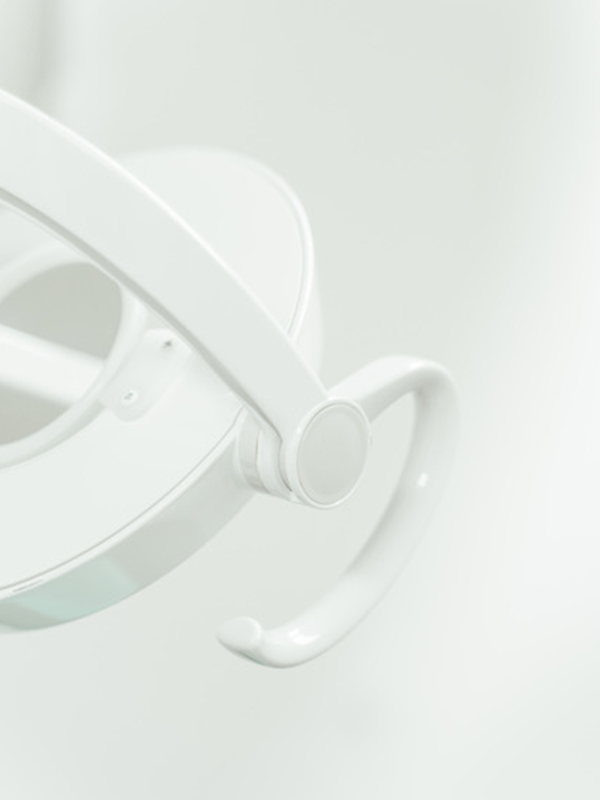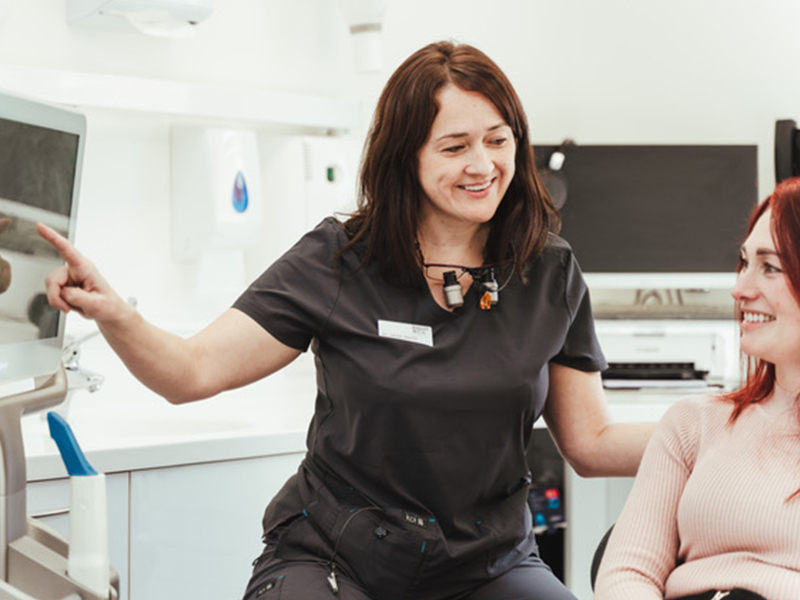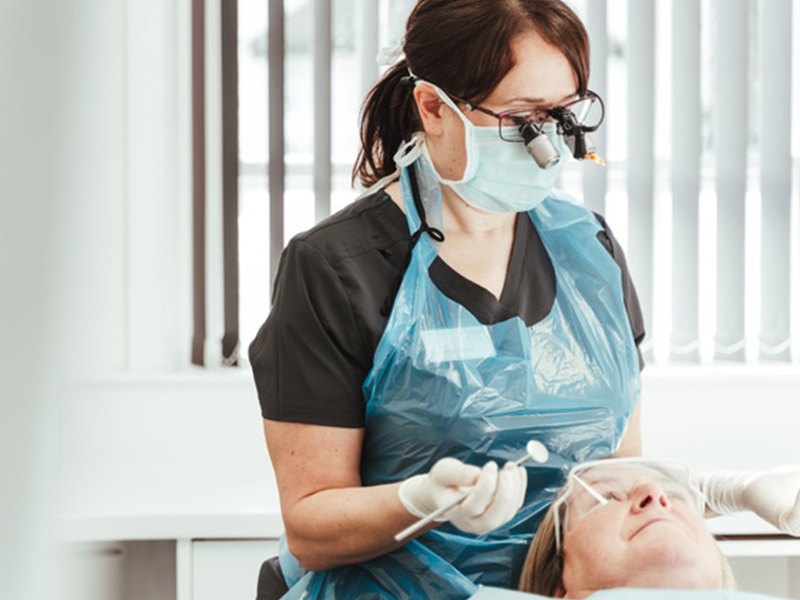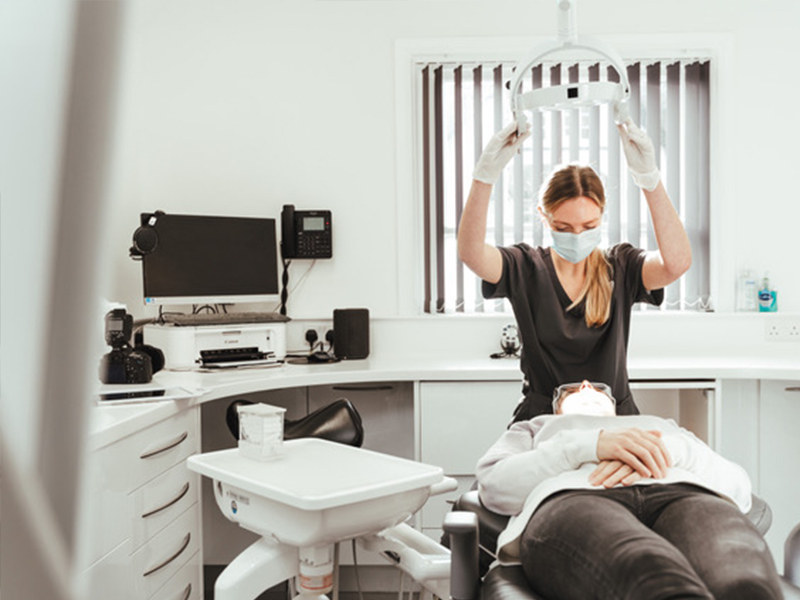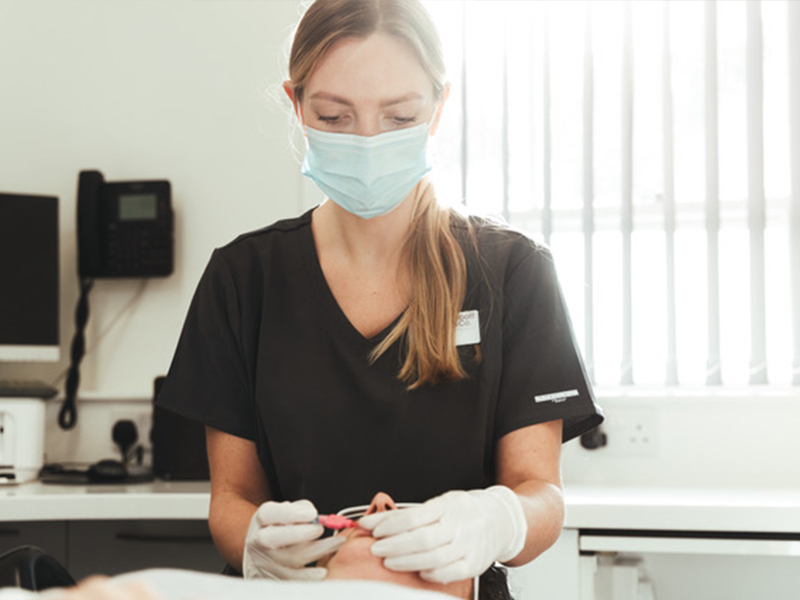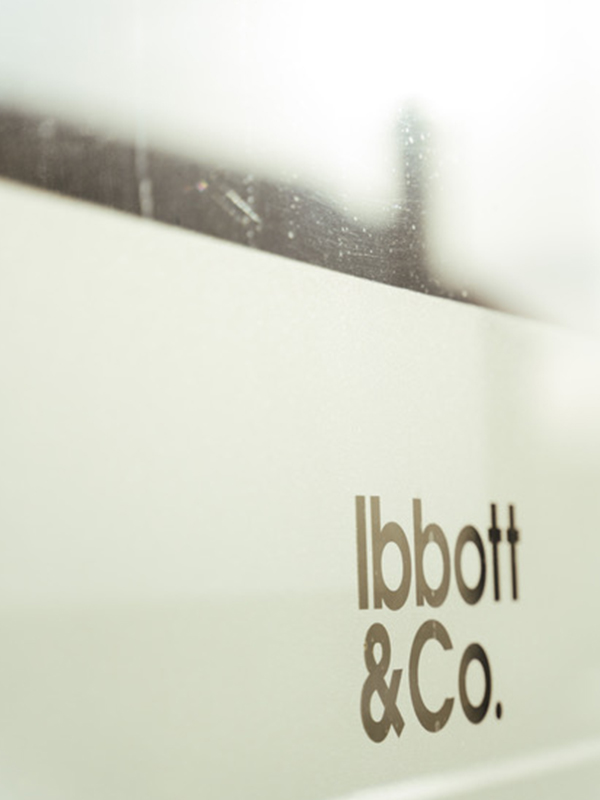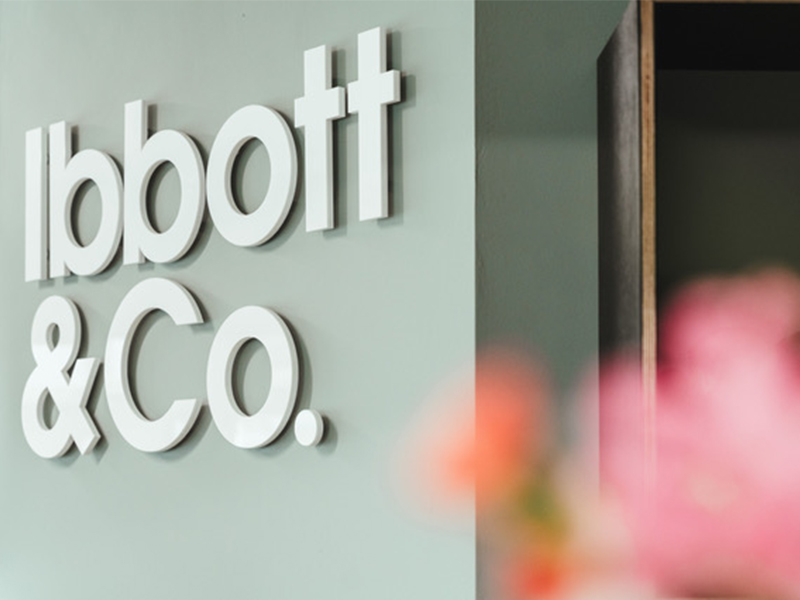Menu

20 August 2023
Are easter eggs bad for your teeth?
This year, Easter is later than usual – and it seems that the shops have been full of chocolate eggs for an awfully long time! The British tradition of exchanging chocolate eggs and all manner of chocolate confectionary has made Easter an eagerly anticipated celebration for children for over a century – but just what are the risks of all this chocolate and how can we ensure that our teeth are not put at risk? Let’s take a closer look.
A brief history of the chocolate Easter egg
Did you know that the chocolate Easter egg is believed to have been introduced to England by J.S. Fry & Sons in 1873? The first chocolate Easter eggs were made in Europe in the early 19th Century with France and Germany taking the lead in this new artistic confectionery, and their introduction to the UK proved to be an immediate success. In 1875, the first Cadbury Easter eggs were made and by 1893 there were no less than 19 different lines on the Cadbury Brothers Easter list in the UK. Today, over 80 million chocolate eggs are sold in the UK every year.
How much sugar does an Easter egg contain?
The problem with Easter eggs is not the chocolate, but rather the amount of sugar it contains. Here are some incredible statistics about the amount of sugar in our Easter edibles:
66% Highest sugar content found in an Easter egg*
24 Average number of teaspoons of sugar in a medium Easter egg*
73 Number of teaspoons of sugar in a large egg with two chocolate bars*
13 – 28 Average number of teaspoons of sugar in a chocolate bunny*
6 Maximum recommended sugar intake for a 6 year old child in teaspoons**
— Sources: * Safefood.eu ** World Health Organisation
What does sugar do to our teeth?
Excessive consumption of sugar is bad for our overall health as well as our teeth. If our teeth are exposed to high amounts of sugar, the natural balance of our oral ecosystem is disturbed and sugar acids can begin attacking our teeth. The more are teeth are exposed to these acids, the greater the risk of tooth decay occurring.
As sugar acids attack the enamel that protects out teeth, dental caries or cavities will eventually form. If these are not identified and treated quickly, the damage may reach the sensitive inner layer of the tooth known as dentine. This can lead to pain and discomfort. If the root of the tooth becomes damaged, it may become necessary to remove the entire tooth.
How can I reduce the risk of tooth decay at Easter?
It is important to understand that it is not just the amount of sugar you consume that puts your teeth at risk, but more importantly how often your teeth are exposed to sugar. It typically takes around an hour for acid levels in your mouth to return to normal after eating sugar. If you consume chocolate or other sweet confectionary several times a day, your teeth will be constantly exposed to dangerous levels of acid. For this reason, it is advisable to limit consumption of sugar to meal times.
- In order to reduce the risk of tooth decay at Easter, we would recommend the following:
- Try to limit consumption of chocolate to meal times
- If possible, opt for low sugar Easter eggs
- Avoid eggs that contain chocolate bars or sweets
- Explore alternatives to chocolate, such as traditional painted eggs, wholefoods, etc.
- Ensure children brush their teeth twice a day for at least two minutes, using a fluoride toothpaste
The team at Ibbott&Co Dental Practice would like to wish all of our patients a very happy Easter. If you have any questions or concerns about tooth decay or would like to enquire about becoming a member, don’t hesitate to get in touch with us today on 01892 782300 and we’ll be happy to advise you.
Back to blog
Ibbott&Co Dental Clinic
Start your new Teeth Journey Today!
By your side for the entire way, from A to Z.
Book Onlinetestimonials
We love our patients
“I've just finished invisalign straightening and bonding with Chris and I'm so pleased with the results. I am not sure why I didn't do this years ago as it has improved my confidence so much. I no longer cover my...”
Louisa L
“I am extremely happy with the expertise and quality of work evident during my recent visit to Ibbott&Co Dental Clinic. The replacement filling I had looks great and I felt no pain whatsoever during the procedure or since, I'm pleased...”
John W
“I joined Ibbott&Co in January with a view to changing my 2 front crowns which I'd had for over 15 years. After a thorough examination and an in depth consultation with Chris, we decided to change the crowns, and also...”
Linda P
“I had my first appointment with Janet today and she is fantastic! All the staff at Ibbott&Co are so friendly and caring. The best, most reassuring experience I have had at a dentist and I feel in safe hands. Thank...”
Jasmine M
“I was always very conscious of my teeth and like many people held back my smile as a result, and my fear of dentists and the thought of long painful appointments meant I did nothing about it. After talking through...”
Martin B



